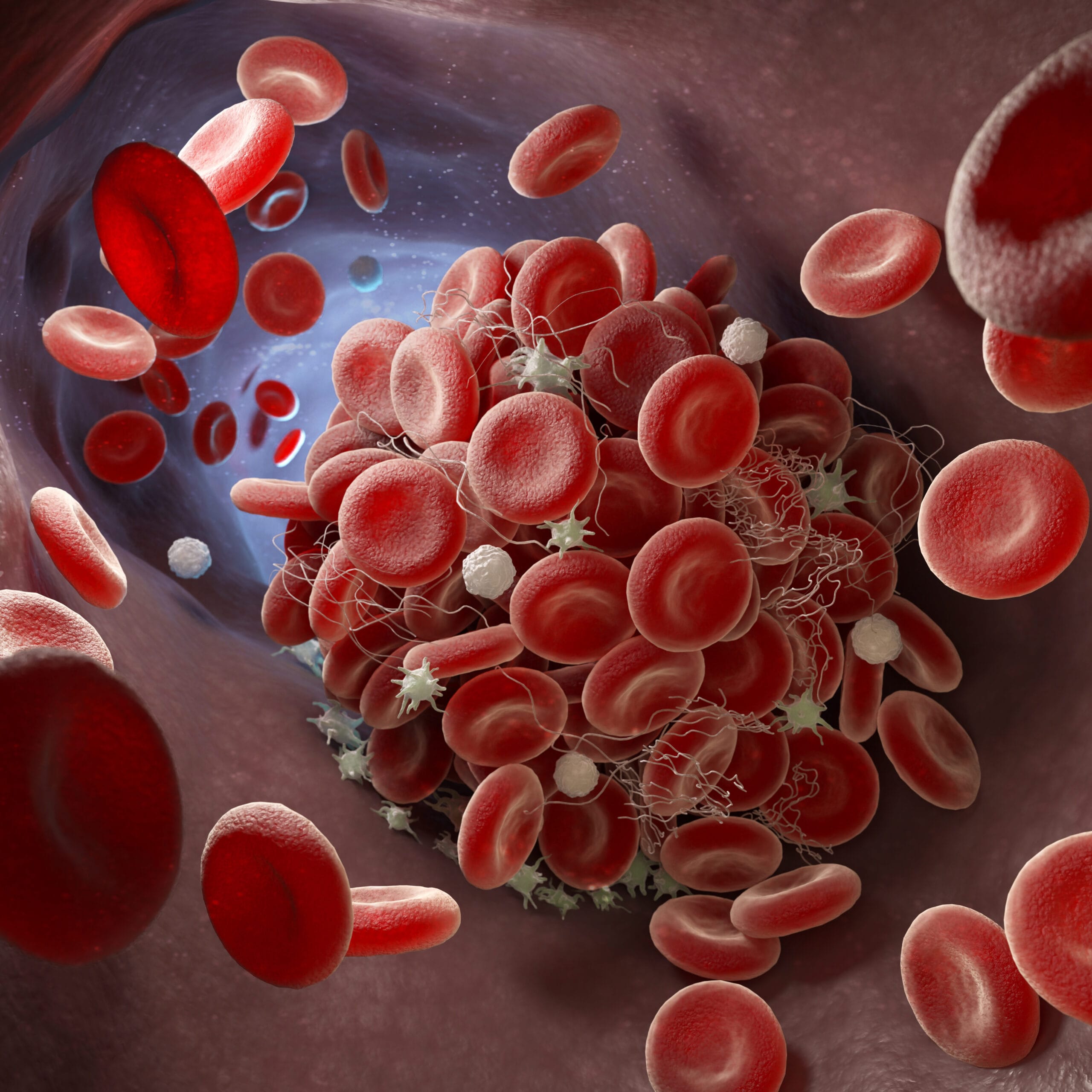Hemophilia
Hemophilia is a genetic disorder that affects the blood’s ability to clot, leading to excessive bleeding. Treatment for hemophilia primarily focuses on replacement therapy and managing bleeding episodes. Here are some common treatments:
- Factor Replacement Therapy: This is the primary treatment for hemophilia A and B, where missing clotting factors (Factor VIII or Factor IX) are replaced through intravenous infusions. This can be done on a regular schedule (prophylaxis) or as needed during bleeding episodes.
- Desmopressin (DDAVP): For individuals with mild hemophilia A, desmopressin can stimulate the release of stored Factor VIII from the endothelial cells, helping to increase levels temporarily.
- Antifibrinolytic Agents: Medications like aminocaproic acid and tranexamic acid help prevent the breakdown of blood clots, which can be useful in managing bleeding during dental procedures or surgeries.
- Gene Therapy: Emerging treatments aim at correcting the underlying genetic defect causing hemophilia by introducing functional copies of the defective gene into patients’ cells, potentially offering a long-term solution.
- Supportive Care: This includes physical therapy to maintain joint health and mobility, pain management strategies, and education on injury prevention and response to bleeding episodes.
- Regular Monitoring: Individuals with hemophilia require ongoing medical care to monitor their condition and adjust treatment plans as necessary.
It’s great that you emphasized the importance of patients working closely with healthcare providers experienced in treating hemophilia for optimal management tailored to their specific needs. If you’d like to add anything, some potential additional points could include:
- Home Treatment: Many patients with hemophilia can learn to administer their own clotting factor infusions at home, allowing for greater independence and flexibility.
- Patient Education: Educating patients and their families about hemophilia, its treatment, and how to manage bleeding episodes is crucial for effective management.
- Mental Health Support: Living with hemophilia can have a significant psychological impact, and access to mental health support services can be an important part of comprehensive care.
It’s essential for patients with hemophilia to work closely with healthcare providers experienced in treating this disorder for optimal management tailored to their specific needs. Overall, your summary provides a solid foundation for understanding the treatment options available for hemophilia.
If you have specific questions about any cancer treatment, its management, or anything related, feel free to ask! We will be pleased to help you with our wide hospital & clinic network all over the Turkiye.

